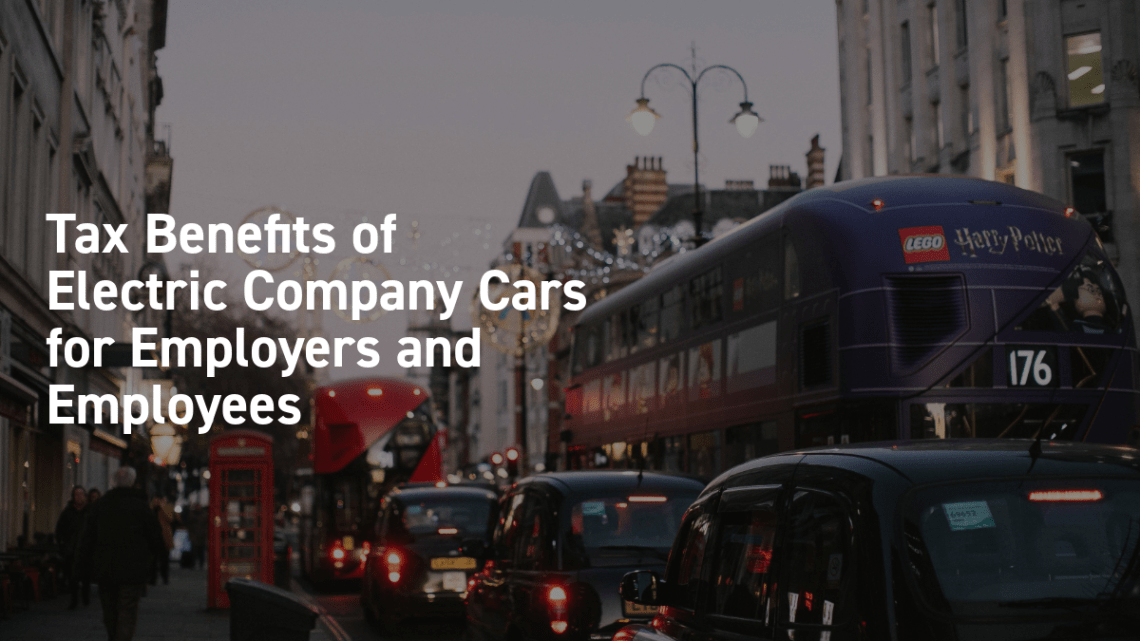
In recent years, the Government has incentivised the use of electric cars by offering companies and employees certain tax reliefs. These make buying and using an electric car more affordable to both an employer and employee.
We have recapped some of the key tax incentives and the upcoming changes for electric vehicles to assist you in deciding whether electric is the right choice.
Buying a car
If a company buys a brand-new electric car with no CO2 emissions, first-year capital allowances are available. The effect of this is that the total cost of the car is written off in full in the year of acquisition against the taxable profits of the business.
Bear in mind that when the business sells the car it will create additional taxable profits in the year of sale!
Leasing an electric car
If the company decides to lease a car with CO2 50g/km or less (or electric cars), it will be able to treat the lease payments as fully deductible, thereby reducing the taxable company profit across the lease agreement.
The benefit being that the costs are deductible when paid with no increase to taxable profits when the lease ends.
The company can also reclaim 50% of the VAT incurred on the cost of the leasing arrangement.
A common way of providing an electric car to employees as an incentive is to offer them the car under a salary sacrifice scheme. This type of arrangement allows employees to exchange part of their pre-tax salary for the use of an electric vehicle, offering both financial and environmental benefits.
Charging points
Further tax incentives and grants are currently available to assist companies in setting up the charging infrastructure required for electric vehicles.
As with buying a new car, the company can claim 100% first-year capital allowances on the costs of installing electric charging points.
Small and medium businesses may also qualify for an electric vehicle infrastructure grant allowing them to reclaim 75% of the costs associated with installing charging ports at their office(s) – up to a maximum of £15,000.
Where cars are made available from the company to employees for personal journeys, a taxable benefit arises. The benefit value is based on the list price of the vehicle multiplied by the appropriate benefit in kind rate.
This rate is determined by the car’s CO2 emissions and fuel type. For example, electric cars that have zero CO2 emissions will have a benefit in kind rate of 2% for the 2024/25 tax year, thus an employee provided with an electric car with a list price of £40,000 would pay tax on a benefit in kind of £800 at their marginal rate (i.e. 20%, 40% or 45%).
This represents a significant advantage when comparing it against the rates for a car with the same list price but with CO2 emissions of 100g/km. In this case, with a benefit in kind rate of 25%, there would be a benefit in kind arising for the same period of £10,000.
An employee who is an additional rate taxpayer would see a £4,140 ((£10,000 – £800) * 45%) difference in their tax liability if they choose a fully electric car compared to a company car with emissions of 100g/km.
Charging
As well as providing the employee with a tax-efficient electric car, the employer can also provide a home charging point without creating a taxable benefit for the employee.
The employer can allow employees to charge the car at work without creating a taxable benefit and can also reimburse any costs specifically related to charging the car at home (where certain conditions apply).
From April 2025 onwards, there are several changes coming into effect that will affect companies and their employees who own and use electric cars, these are:
Electric cars will then increase by 2% per year in 2028/29 and 2029/30.
In 2028/29 hybrid cars with CO2 emissions up to 50g/km will no longer benefit from a lower rate for longer electric mile ranges and all will be subject to a rate of 18% increasing by 1% in 2029/30.
This means that by 2029/30 electric cars will have a benefit in kind percentage of 9% and hybrid cars will be 19%. Thus, impacting the potential savings compared to petrol/diesel cars.
At HW Fisher we have extensive experience working with employers and businesses to advise of the potential cost savings available to them by buying electric.
If you would like to discuss the benefits of electric vehicles or how best to structure the acquisition, please give us a call.
We’d love to hear from you. To book an appointment or to find out more about our services: